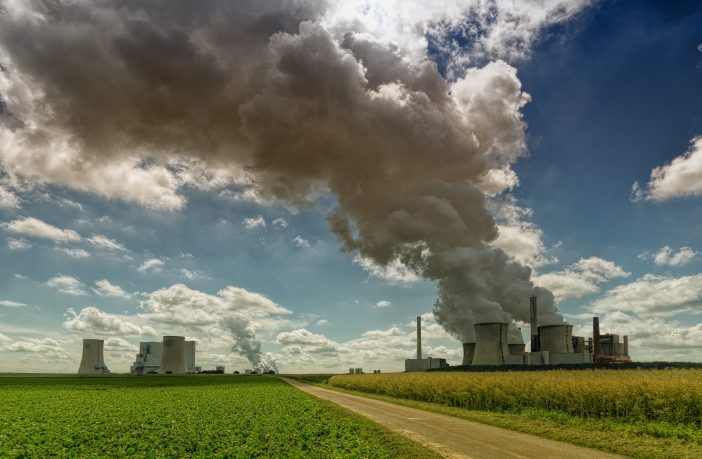- Environmental NGO groundWork has launched an application at the North Gauteng High Court, Pretoria against against South Africa’s Minister of Mineral Resources and Energy, Mr Gwede Mantashe (DMRE) and the National Energy Regulator of South Africa (NERSA).
In its court proceedings, groundWork is asking the North Gauteng High Court to order the Minister and NERSA to provide reasons for various decisions related to the Integrated Resource Plan for Electricity, 2019 (IRP) which the Minister and NERSA are legally required to provide – since November 2019. The Minister and NERSA’s failure to provide reasons has forced groundWork to institute litigation to obtain the answers.
As South Africa’s electricity plan for the next ten years, the 2019 IRP – if implemented in its current form – has far-reaching social, economic and climate impacts. “The decision to include new coal, despite this not being part of a least-cost IRP, has severely negative implications for our health and well-being, our climate, our air and water resources, and electricity prices rices, says groundWork’s Robby Mokgalaka. “These kinds of decisions affect everyone, and cannot be made behind closed doors, with no explanation of the rationale, justifications or assumptions relied on. There must be full transparency and accountability for all of South Africa’s electricity decision-making.”
Link to South Africa’s Integrated Resource Plan here
In a press release, the Department of Mineral Resources and Energy announced that it is studying these papers for a decision on how to respond. The Department points out that the media statement released by groundwork and Center for Environmental Rights (CER), seems to suggest that the decisions about South Africa’s energy future as contained in the Integrated Resource Plan 2019 were not made in a transparent manner.
‘The development of the Integrated Resource Plan including its approval was a transparent and inclusive process with the general public participating through a number of platforms. These included:
- Publication of input assumptions for written public comments;
- Workshops on input assumptions held in all nine provinces;
- Bilateral discussions on assumptions with stakeholders as per invitations received by the Department;
- Publication of the Draft IRP (IRP2018) for written public comments;
- Public input forums convened by the then Portfolio Committee on Energy; and
- Engagement with social partners at NEDLAC.
In the process, the department has also released data used in the modelling of the IRP including public comments received as requested by a number of organisations including the CER.
There is, therefore, no doubt that the IRP2019 was developed in a transparent, consultative and accountable manner’.
Author: Bryan Groenendaal















